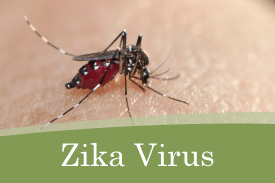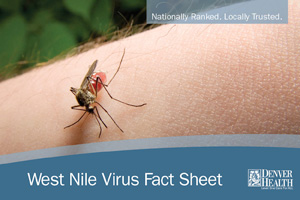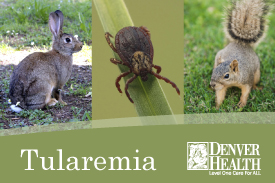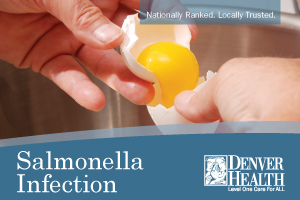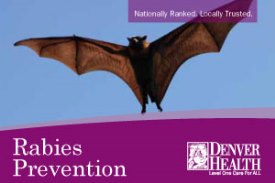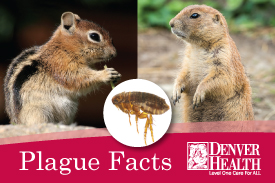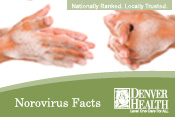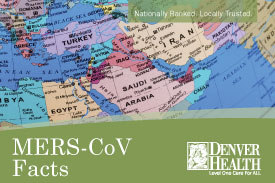Our comprehensive HIV treatment services include:
HIV Dental Care
We provide preventive, routine and emergency dental services tailored to your HIV infection in a state-of-the-art, friendly, and knowledgeable dental clinic. We offer:
- Cleanings
- Complete and partial dentures and other dental services
- Emergency and routine oral examinations
- Extractions
- Fillings
- Oral home care instructions and supplies
- Peridontal (gum) procedures
Eligibility: Who can receive services in the Dental Clinic
We provide care to people living with HIV if:
- You live in Denver, Adams, Arapahoe, Broomfield, Douglas or Jefferson County.
- You are seeing a primary health care provider. If your primary care through Denver Health, please bring verification of HIV status and a letter about your current treatment from your primary health care provider.
- You have Denver Health Medicaid (you won't need any additional screening).
- You have a current (renewed annually) CICP screening.
Missed Appointments
We have many people waiting to get dental care and we want to use our available clinic appointments as efficiently as possible. Please be aware of the following policy on missed visits.
- You must call 24 hours in advance to cancel or reschedule an appointment.
- You need to arrive no later than 10 minutes after the scheduled appointment time or it will be considered a missed appointment.
Waiting List
We often have a waiting list for appointments because there is such a high demand for dental care. Please call (303) 602-8200 to find out your status on the waiting list.
HIV Support Services
Social Work Services
We offer clinical social work services to patients and their partners/families. We can help with the social, psychological, financial, and family difficulties that are associated with HIV and other illnesses and infections. Our social work team can:
- Help you find programs and services that will improve your access to medical care and medicines.
- Help you through the Social Security disability application process.
- Counsel and support you and your family about: New HIV/AIDS diagnosis.
- End of life issues.
- Health issues and information.
- Grief and loss.
- Substance use/abuse, mental health, and domestic violence.
- Connect you to resources in the community for transportation, housing and medical benefits.
- Provide information and education for you and your family about HIV/AIDS, including healthy relationships and lifestyles, and ensuring safe sex and harm reduction techniques.
- Coordinate services while you are in the hospital and when you go home.
- Arrange for your placement into a shelter, medical respite bed, assisted living facility, skilled nursing facility, or hospice.
Mental Health and Substance Abuse Services
Mental health care providers include a psychiatrist, a psychiatric nurse-specialist, and a certified addictions counselor. Our team provides the following mental health services:
- Diagnostic interviews for depression, trauma symptoms, anxiety, sleep problems, and/or anger issues.
- Medication management.
- Psychotherapy, including relationship issues.
- Substance abuse treatment.
- Support for health maintenance and improvement.
The "411" HIV Information & Support Group
3rd Wednesday of every month from noon - 1:30 p.m. Call 303-602-8710 for more information.

